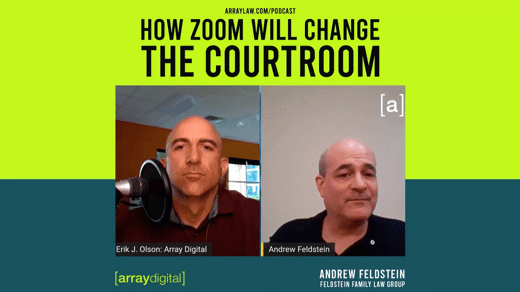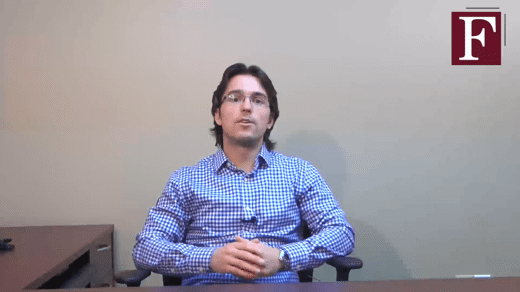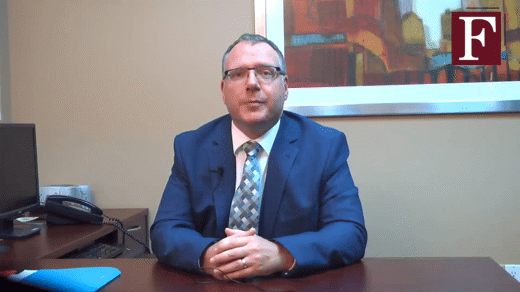Hi, my name is Andrew Feldstein of Feldstein Family Law Group. Today I will be speaking about how a lawyer can help you with your trial.
A trial is a hearing where a judge makes a final decision on the issues after all of the evidence is presented. You must present your evidence to support your position on the issues. Trials can be lengthy and involve lots of preparation by both parties. You will have to prepare spoken evidence, documents, witness evidence and questions to ask the other party in cross-examination.
A trial is very rare in family law. Less than 5% of all family court cases ever proceed to a trial. But if your matter actually is going to trial, it is a very good idea to retain a lawyer to represent you. When you retain a lawyer to help you with your trial, he or she will help you prepare a strategy for your trial and will help you gather the evidence you need to prove your case. Your lawyer will ensure that evidence is properly put before the court and that the rules of evidence are followed.
Oral Evidence
Oral evidence is made by calling witnesses at the trial. In most family law cases, the parties, other witnesses and experts will testify at the trial. Each witness will give their evidence based on questions your lawyer will ask, and each witness can also be cross-examined by your spouse, or their lawyer, on their evidence and on any other relevant issue in the matter. The purpose of the cross-examination is to question the credibility of the witness.
When you retain a lawyer to help you with your trial, she or he will ensure all of your witnesses have been prepped for the best way of presenting evidence and cross-examination. Your lawyer can help you decide whether the evidence of each witness would be better put forward by sworn affidavit instead of oral evidence. Your lawyer will also prepare questions for cross-examination of the other side and for experts.
Written Evidence
Any documents that you or your witnesses want to refer to in court must be disclosed to the other side in advance of the trial. The trial system in Ontario does not allow surprise evidence to be brought up in court. Each side has a right to be given information from the other party about the case so that both sides have a chance to prepare and respond. Your lawyer can put all of the written evidence together in a document brief for the judge to easily reference and will ensure proper disclosure is followed. This preparation takes a great deal of time.
Trial Time
At the actual trial, your lawyer will give an opening statement, summarizing the orders you are seeking and previewing the evidence you plan to call in support of the orders. Your lawyer will then examine all of your witnesses so their relevant evidence is used in the trial and will cross-examine the other side’s witnesses to poke holes in their evidence. After each day of the trial, many hours will need to be spent preparing for the next day as the trial progresses and takes shape. Preparation is ongoing. A trial ends with each party’s closing arguments.
Trials are difficult and require experience to understand and succeed. You should not expect any special treatment from the trial judge if you are unrepresented and make mistakes. You should strongly consider retaining a lawyer to assist you with a trial. You could save money in the long run because if you lose a trial you have to pay the legal fees of the winner, which, depending on how long the trial takes could result in you paying tens of thousands of dollars to your spouse just for their legal fees.
If you would like to schedule a consultation to discuss your family law matters, please call us at 905-581-7222. For more information, please visit our website. Thank you for watching. I’m Andrew Feldstein for Feldstein Family Law Group.



